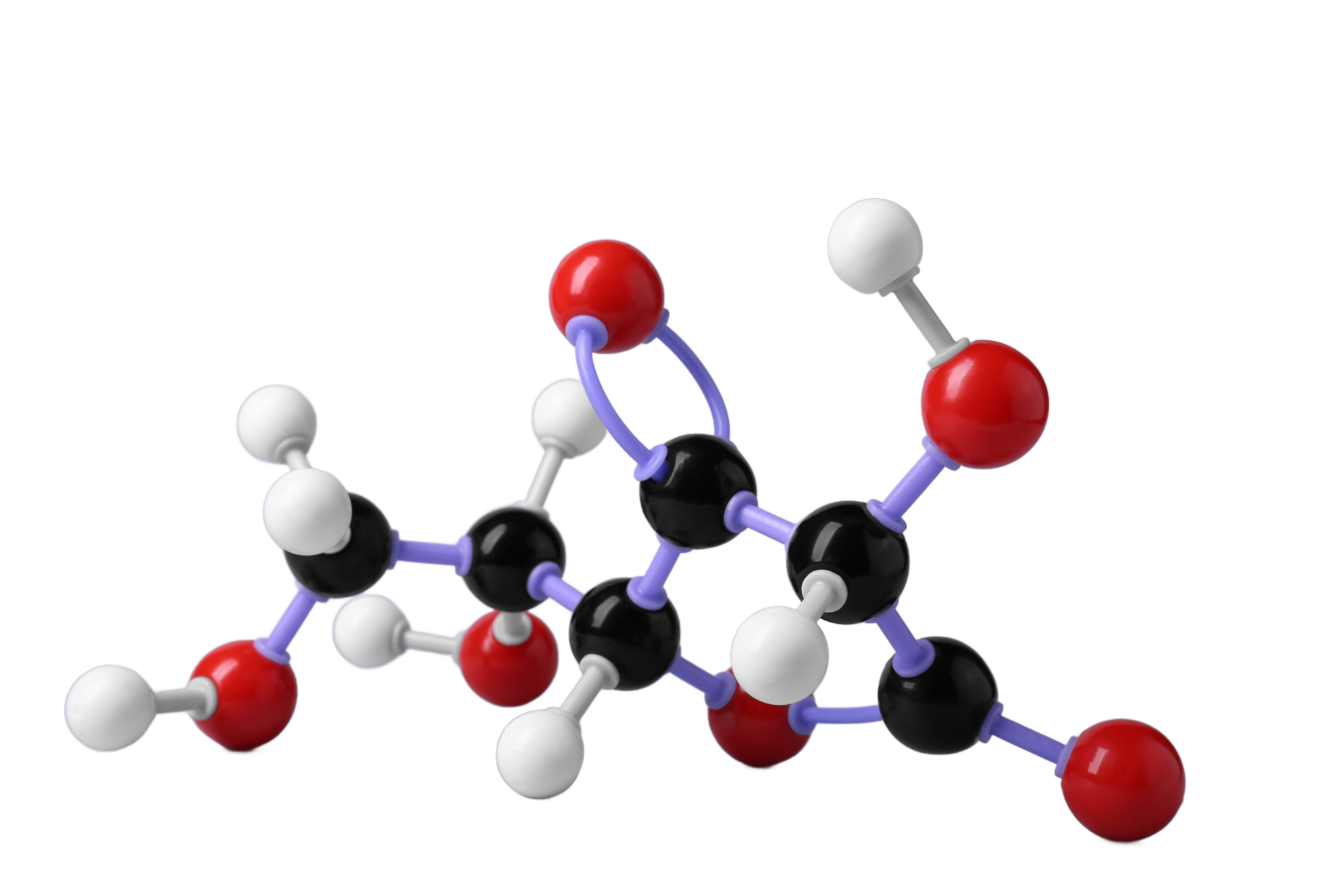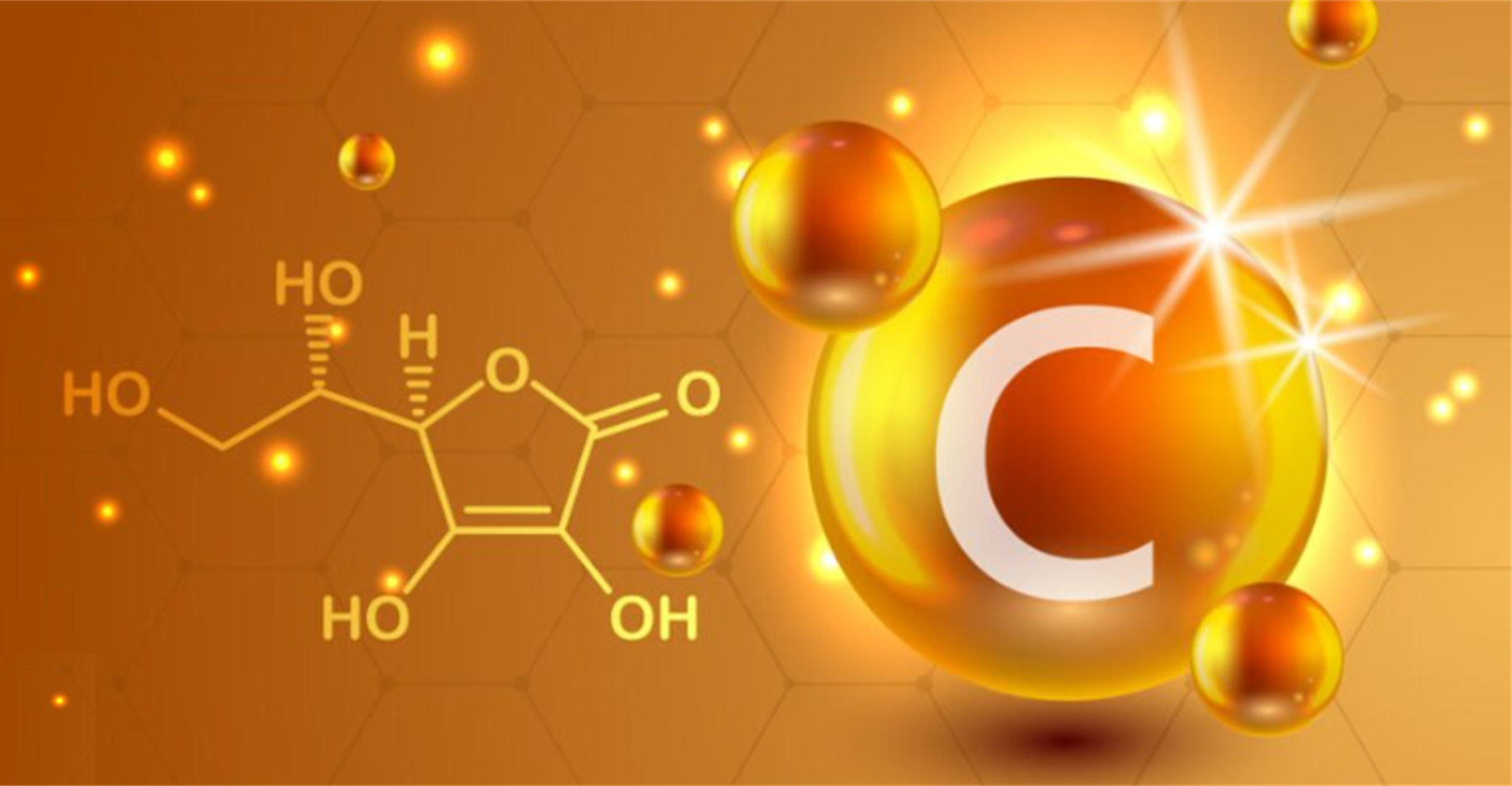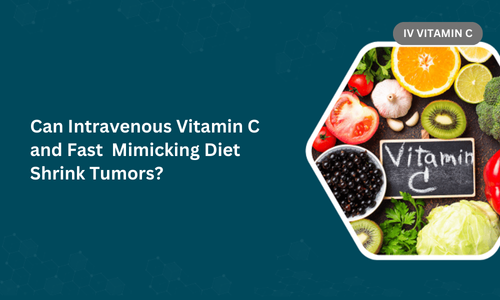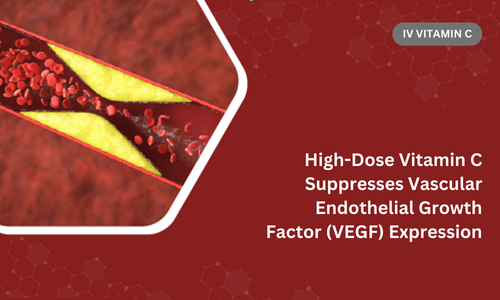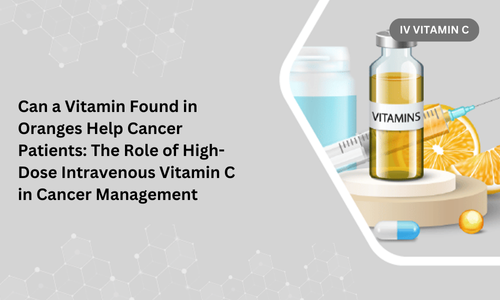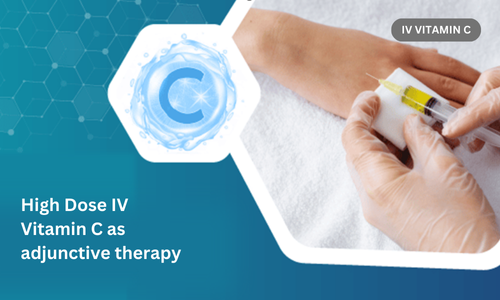Affect Cancer Cells
HOW DOES VITAMIN C AFFECT CANCER CELLS?
Numerous studies have shown that high-dose IV vitamin C is both safe and effective in
helping to target and eliminate tumor cells in various types of cancer.
Oxygen Regulation:
Inside tumors, oxygen levels are often low, and the cells adapt to these conditions by
growing without relying on oxygen. They do this by activating a protein called HIF-1.
Vitamin C plays a key role in regulating this process by affecting the enzymes that
deactivate HIF-1. Research has consistently shown that lower levels of HIF-1 are linked to
higher levels of vitamin C in tumor cells.
ROS (Reactive Oxygen Species) Scavenger
Vitamin C acts as a powerful antioxidant, helping to stop harmful reactions in the body by
neutralizing free radicals. It also works alongside vitamin E, helping to restore it to its
active form. In addition to its antioxidant properties, vitamin C is involved in various
enzyme processes, such as those that help produce amino acids and hormones. This suggests
that vitamin C can help combat oxidative stress and damage, particularly in situations where
there’s an increase in oxygen levels or cell death. A study published in Cancer Cell in 2013
demonstrated the potential benefits of high-dose vitamin C as an ROS scavenger in cancer
therapy. The researchers found that high-dose vitamin C selectively generated reactive
oxygen species (ROS) in cancer cells, which led to their death while leaving normal cells
unaffected. This study highlighted vitamin C's ability to enhance oxidative stress in
tumors, making it a promising adjunct therapy for cancer treatment. The findings suggest
that by increasing ROS levels, high-dose vitamin C can potentially slow down tumor growth
and enhance the effectiveness of conventional cancer treatments.
As a Pro-Oxidant
When given in high doses intravenously, vitamin C can act as a pro-oxidant, triggering a
process that generates hydrogen peroxide in cancer cells, which leads to cell damage and
death. This is due to vitamin C's ability to interact with metals like iron and copper,
which are more abundant in cancer cells. These metals react with hydrogen peroxide to create
highly reactive molecules that can damage cancer cells. Unlike normal cells, cancer cells
also lack an enzyme called catalase, making them more vulnerable to oxidative stress. By
increasing oxidative stress in cancer cells, high-dose vitamin C can support anticancer
treatments like chemotherapy and radiation. Additionally, vitamin C can enhance the
effectiveness of glycolysis inhibitors, which also increase oxidative stress in cancer
cells.
Cofactor activation
Vitamin C is vital for the reduction of iron, which is necessary for the proper function of
iron-dependent proteins. This includes important processes like energy production in the
mitochondria, collagen production, and the regulation of oxidative stress.
EMT and Invasion
The extracellular matrix (ECM) plays a crucial role in regulating cancer cell behavior by
providing signals that help maintain tissue structure and integrity. This dynamic matrix is
constantly being remodeled by enzymes and signaling molecules, and when this process goes
awry, it can contribute to cancer growth and metastasis. Collagen, a key structural protein
in the ECM, helps cells stick to the matrix. Controlling collagen production is an important
factor in cancer progression. Collagen fibers create a strong structure that anchors cells
to the ECM, and vitamin C helps stabilize these fibers, preventing abnormal invasions by
cancer cells. Vitamin C also affects cancer cell invasion by reversing epithelial to
mesenchymal transition (EMT). It does so by deactivating HIF (hypoxia-inducible factor) and
increasing E-cadherin levels while reducing vimentin, which helps suppress EMT and limit
cell migration.
Effect on Chemotherapy
In pre-clinical studies, high-dose vitamin C has been shown to improve the effectiveness of
several chemotherapy drugs, including carboplatin, cisplatin, chlorambucil, 5-FU,
gemcitabine, and temozolomide, across different types of cancer cells. It often works in
synergy with these treatments, boosting their impact by increasing the production of
reactive oxygen species (ROS), which helps to enhance the overall effectiveness of
chemotherapy.
Immunomodulation
Vitamin C plays a crucial role in supporting immune function by being present in high levels
in most immune cells. It acts as an antioxidant and helps regulate several important
processes in the immune response. Vitamin C also supports the activation and growth of
immune cells, including the development of B-cells, the maturation of T-cells, and the
production of cytokines. It boosts the activity of natural killer (NK) cells, helping them
target and destroy cancer cells. Additionally, recent research has shown that vitamin C can
influence the immune system's genetic activity, restoring functions in regulatory T-cells
(Tregs) and promoting proper immune responses.
Conclusion
Extensive clinical research indicates that high-dose vitamin C holds significant promise as
a therapeutic agent in cancer treatment. Its ability to enhance the effectiveness of
chemotherapy, radiation, and targeted therapies, while causing minimal side effects even at
high concentrations, makes it a preferred, non-toxic option for cancer patients. Its
cancer-specific cytotoxicity further supports its potential as an effective treatment
strategy. With all this evidence to support high-dose vitamin C as a highly potent adjunct
therapy for cancer support, we invite you to begin your journey to wellness today with a
consultation to see if high-dose vitamin C is the right fit for you.
References:


